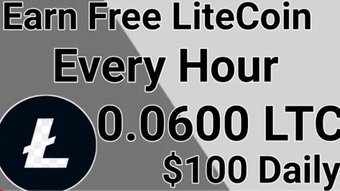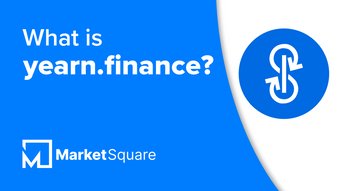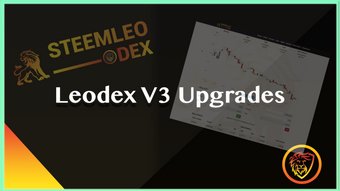Compounding Your DeFi Returns While Earning Income - (Chris Coney) WCSS:037
9
About :
Start your formal crypto education for free and earn tokens at https://cryptoversity.com/
This episode is actually based on a question that was submitted to me by someone who looked at enrolling in my DeFi Masterclass, so I thought I’d break this out into a fuller explanation.
Let’s take an up to date example based on my direct experience.
In March of 2021 I decided to do a Michael Saylor and take some of the spare cash I had and put it into crypto.
Michael Saylor does this with his company Microstrategy, and he does it exclusively with Bitcoin.
I decided that I would take a bit more risk and put the cash into Ethereum.
Now we can debate whether Ethereum is in fact a higher risk investment than Bitcoin in another episode, suffice to say that I thought so at the time.
Turns out that was a good decision because between the 1st of March 2021 and the time I’m recording this, Bitcoin was only up 3.6%.
In that same time period, Ethereum is up 168%.
So my investment is worth about 2.5 times what it was when I started.
Right off the bat there I have a capital gain.
I could now sell that investment, subtract the tax free allowance we get in the UK and then pay the capital gains tax on the difference.
So let’s put some hard numbers on that.
In the UK, each year, we are allowed to make the first £12,300 of capital gains tax free.
Then anything in excess of that incurs capital gains tax of 20%.
Now I’m not an accountant so this is to the best of my knowledge and should not be taken as professional advice, because it isn’t.
So far this is all pretty straightforward, the next part is where it gets a bit more complex.
So I have option 1 as I’ve just laid out, which is to sell my investment, pay the tax and call it a day.
But I haven’t actually done that yet.
Instead I am thinking about putting the Ethereum I bought on deposit with a platform like Nexo.
If I’m willing to lock up the Ethereum for 1 month at a time they’ll pay me 8%.
Bear in mind the interest is paid in the asset I deposited. So it’s 8% on the Ethereum balance and has nothing to do with the dollar value.
Now since Nexo is paying me interest, the way to account for this changes completely.
Firstly, this new income is no longer a capital gain, it’s income.
And in the UK, I’d have to account for that income at the cash value, at the moment it was paid to me.
Nexo pays interest daily, which sounds great from an investment perspective, but from a tax and record keeping perspective, it’s a nightmare.
If I deposit 1 Ethereum on Nexo at 8%...
That right now is a $3,820 asset earning 0.02% interest per day.
That works out to $0.76 per day.
But it’s not 76 cents, it’s 0.0002 ETH.
But the taxman doesn’t care about that. As far as they are concerned I received 76 cents of income on that day, which I need to account for as income, and pay income tax on.
The only way to stay in sync with the tax accounting, would be to swap the 0.0002 ETH I earn each day into British Pounds.
Only then would I have the exact amount of cash to match the income I need to report.
What this does mean though is that I have completely scuppered the possibility of compound interest, since my ETH balance never increases.
Now this might be OK because I’ve turned my investment into a cash flowing asset, and still have the possibility of it continuing to increase in capital value.
If that happens and the interest rate remains the same, the income from that investment will also rise.
It will also fall as the value of Ethereum falls as well though.
Taking the interest out immediately in order to match the tax records is arguably the safest approach since I’m guaranteed to have enough cash to cover the tax bill.
I could, however, take more risk and allow the two to go out of sync.
Here’s what I mean by that.
Let’s say I swing completely to the other end of the extreme and let all my interest pile up day after day increasing my Ethereum balance.
Not only do I then benefit from compound interest, but the capital value of the Ethereum I earn in interest also has the chance to go up.
Now that does get complicated from a tax point of view.
Because the interest is paid daily, each transaction has to be tracked separately.
So I need to record the transaction for the purposes of income tax, but I also need to track the capital value of each interest payment in case I make a capital gain… on the Ethereum I earned as interest.
That means I might end up paying both income tax and capital gains tax on that Ethereum interest payment.
With this riskier approach, at the end of the year when it comes time to pay the tax bill, my account value may be much higher.
First because I earned compound interest, and second because the interest I earned also gained in value with Ethereum rising.
But investment gains are a double edged sword. The more you make, the more you pay.
Tags :
Their limit for today is $0!






























Comments:
Reply:
To comment on this video please connect a HIVE account to your profile: Connect HIVE Account